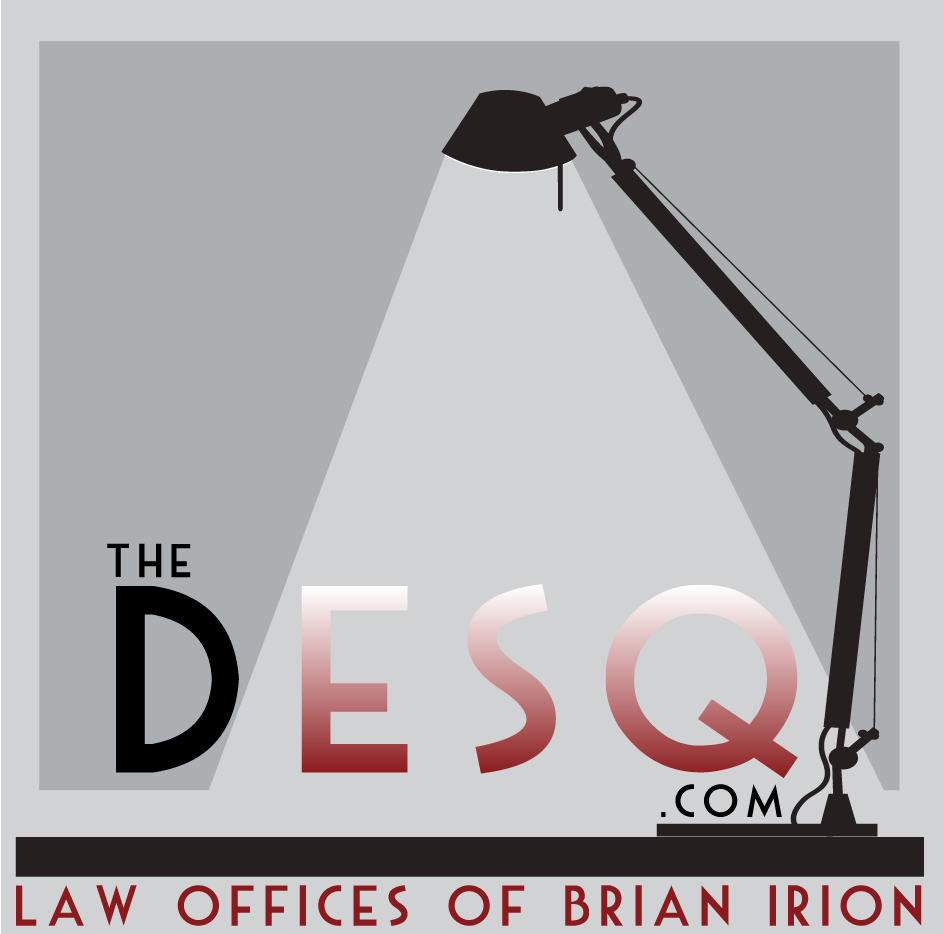About Credit Counseling Advertisers
The media bombards you with ads from debt counseling agencies telling you to consolidate or reduce your debt without resorting to bankruptcy. The FTC warns people to be wary of many of these companies that promise to remove debt for pennies on the dollar. Most cannot and the consumers are the victims.
The US Department of Justice, the FTC and the majority of attorney generals found that less than 10% of consumers complete these programs successfully and most end up further in debt! NACBA (the National Association of Consumer Bankruptcy Attorneys) explains that the “debt relief agency” system is inherently flawed. Many of these debt relief agencies are fronts for credit card companies seeking to get borrowers to pay credit card debt by shifting debt to other creditors. This can be very dangerous for anyone who is financially troubled. Here’s why.
Credit card debt typically can be discharged in bankruptcy. Yet some credit counseling agencies recommend getting new loans secured by a home or other collateral to pay down the credit card debt. Or they negotiate a reduced payoff in return for securing the debt. But the new loan (or restructured loan) used to pay off the credit card debt is secured debt that invades otherwise exempt assets such as the homestead, which can provide an exemption protecting up to $150,000 for California homeowners. Alternatively, you are required to invade other exempt property such as a retirement plan. The credit card companies get all or most of their money paid back and the borrower is stuck with secured, rather than unsecured and dischargeable debt.
Another method debt consolidators use is to create a repayment plan with the creditors in a workout outside of bankrutpcy. This plan is similar to a Chapter 13 repayment plan, but may lack some significant safeguards and usually is more expensive. You pay the debt management planner a single check for two to five years and the company then redistributes your payment to the creditors, less a commission. Over the life of the plan, the debtor usually pays 30% to 60% of the credit card debt. The fee for this typically is based on your total debt rather than the repayment plan amount, and usually is higher than a Chapter 13 trustee’s fees, which are capped by statute. Moreover, if you default on your payment plan during this period rather than complete your plan, you again find yourself facing bankruptcy and have only delayed, but not eliminated the debt. On the other hand, if your total debt is relatively small so that there is no justification to spend the money on a Chapter 13 bankruptcy (or you cannot qualify for a Chapter 13 bankruptcy and face the more expensive Chapter 11 process,) this may be right for you. Still, be careful of the debt management planner you choose. Not all are alike.
If you want to consider financial counseling before seeing a lawyer about your financial troubles, the US Department of Justice has a list of qualified and approved, non-profit financial counseling agencies. And, since they are approved, you needn’t wonder about their competence or hidden agendas.
As to the credit counseling companies that advertise, here is a simple rule: if they play on your guilt or the shame of bankruptcy, or have large up-front fees, or counsel you to default on a debt, you probably don’t want to use them. They are not your fiduciary who must place your interests first (as a lawyer must), what you tell them is not confidential, and if they are advertising, they probably are for profit — which means they are not approved by the Department of Justice. They are not in your corner, but their own.

